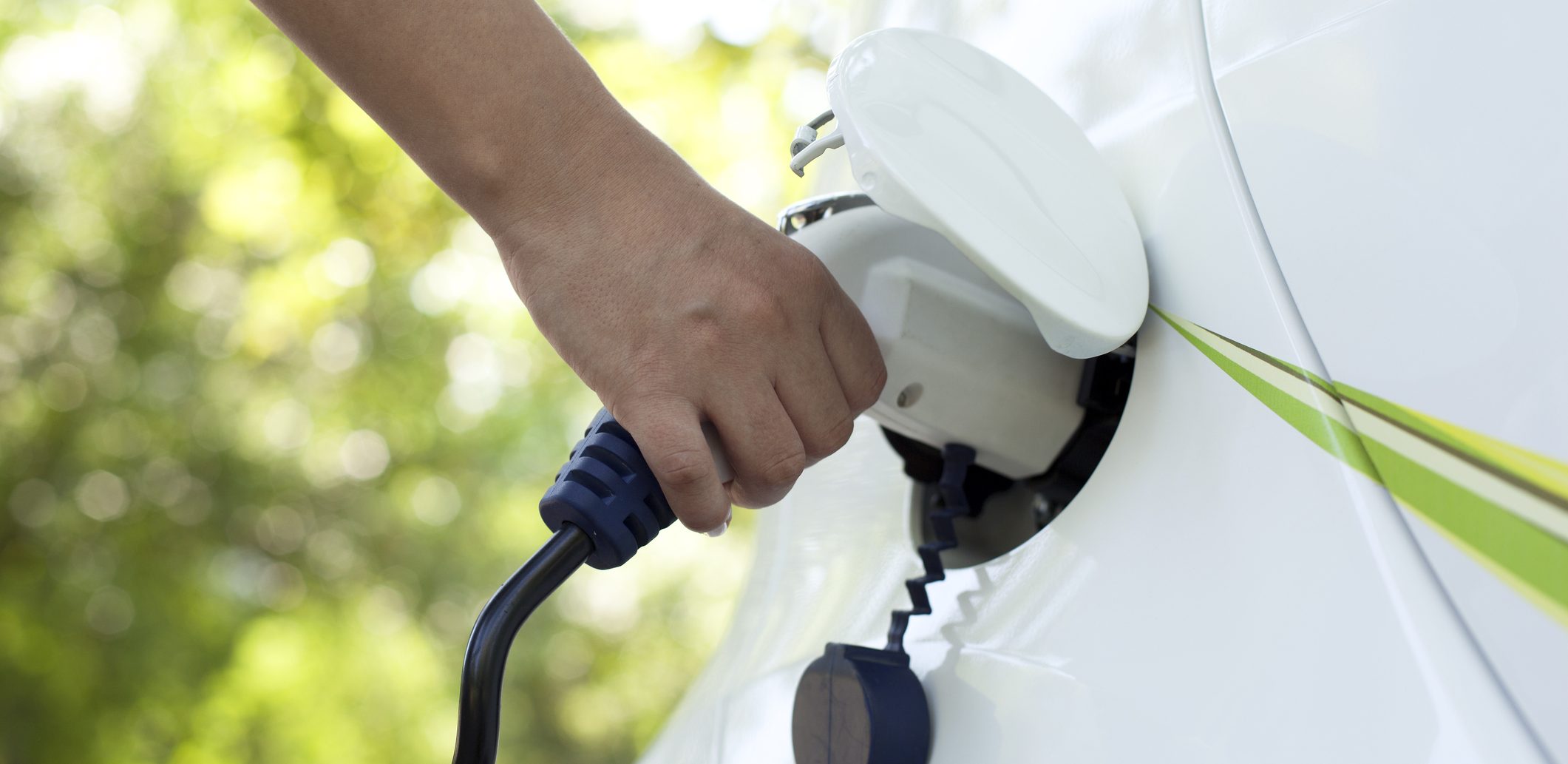Power surge
Unite’s new electric vehicle strategy was launched in Parliament today (March 14) and urges the UK government to emulate Germany and put the UK’s car industry in the fast lane of electric vehicle technology.
The strategy, which considers how to make the UK a global leader in the field of electric, driverless and internet-connected vehicles, calls for government funded infrastructure to stimulate job-creating investment by industry and the mass uptake of electric vehicles by the public.
As well as grasping the potential of electric vehicles to create high skilled, secure and well paid work, the reports also calls for regulation to protect commercial and public transportation drivers and the public from the potential dangers of autonomous vehicles.
“No industry is static. The eventual demise of petrol and diesel powered vehicles and the emergence of electric, internet-connected and driverless technology heralds changes unseen since the end of the horse-drawn era,” said Unite general secretary Len McCluskey.
“Unite is clear. We want investment in new sustainable technology. The biggest barrier to investment and innovation remains government inactivity. Without proper investment in research and development, public infrastructure, procurement and public transportation, the UK will continue to lag behind.”
Next generation
Unite automotive members across the country are already making the next generation of cars, including the all-electric Nissan Leaf in Sunderland, state of the art hybrid engines at Toyota in Deeside, hydrogen-powered buses at Wightbus in Northern Ireland and Geely’s electric black cabs in Coventry.
While Unite has welcomed BMW’s announcement that the new electric Mini will be assembled in Cowley from 2019, the fact that the car’s battery will need to be imported from Bavaria shows the urgent need to develop the UK’s capability.
The strategy identifies a number of areas where government action is needed to grow the sector. These include building electric charging points, launching a national car scrappage scheme, increasing the capacity of the national grid, ensuring ethical supplies of lithium and cobalt and addressing the need for lithium battery recycling facilities in the UK.
The switch-over to plug-in, battery or hybrid powered engines will also will also change the some 30,000 components that make up a modern vehicle, which is why the strategy calls on the government and major manufacturers to emulate Germany’s model of supporting supply chain and SME companies to invest, re-tool and upskill for new products.
â€Fantastic opportunity’
“The UK’s automotive sector can only maintain pole position on the world stage if the industry and workers are part of the transition to electric vehicles. The move to electrification is a fantastic opportunity for British manufacturing, but this can’t be achieved without investment in a highly skilled workforce with new skills in mechatronics and cyber technology and secure and well paid jobs,” said Unite assistant general secretary Tony Burke.
“No worker must be left behind, which is why Unite stands firmly behind our members at the Ford diesel engine plat at Dagenham and the engine plant at Bridgend. These engines are already the cleanest and most efficient models of their kind. We reiterate our call to Ford that these sites must be repurposed for new electric models or battery technology.”
Burke added that the government must implement a joined up industrial strategy that invigorates other sectors needed for the electric vehicle revolution to be successful.
“Workers in areas such as battery and fuel technologies, recycling, electric powertrains and software engineering – not to mention core industries such as aluminium and steelmaking – could all benefit hugely from electric vehicle production,” Burke said.
The strategy also welcomed advancements in the development of autonomous and internet connected vehicles, which will offer further opportunities for UK investment and high quality jobs. However, it calls for transparency and public scrutiny of testing and for industry-wide and legally backed safety standards before driverless vehicles go to market.
“While concentrating on the many positives that electric vehicles can bring, it would be irresponsible to ignore the potential pitfalls and dangers of autonomous vehicles especially for our members in the transport sector,” said Burke.
“There must be proper regulation to protect workers and the public and Unite will always defend the safety critical role of drivers in passenger and commercial road transportation.”
Download the Electric Vehicles, Autonomous Technology and Future Mobility report here.
 Like
Like Follow
Follow

